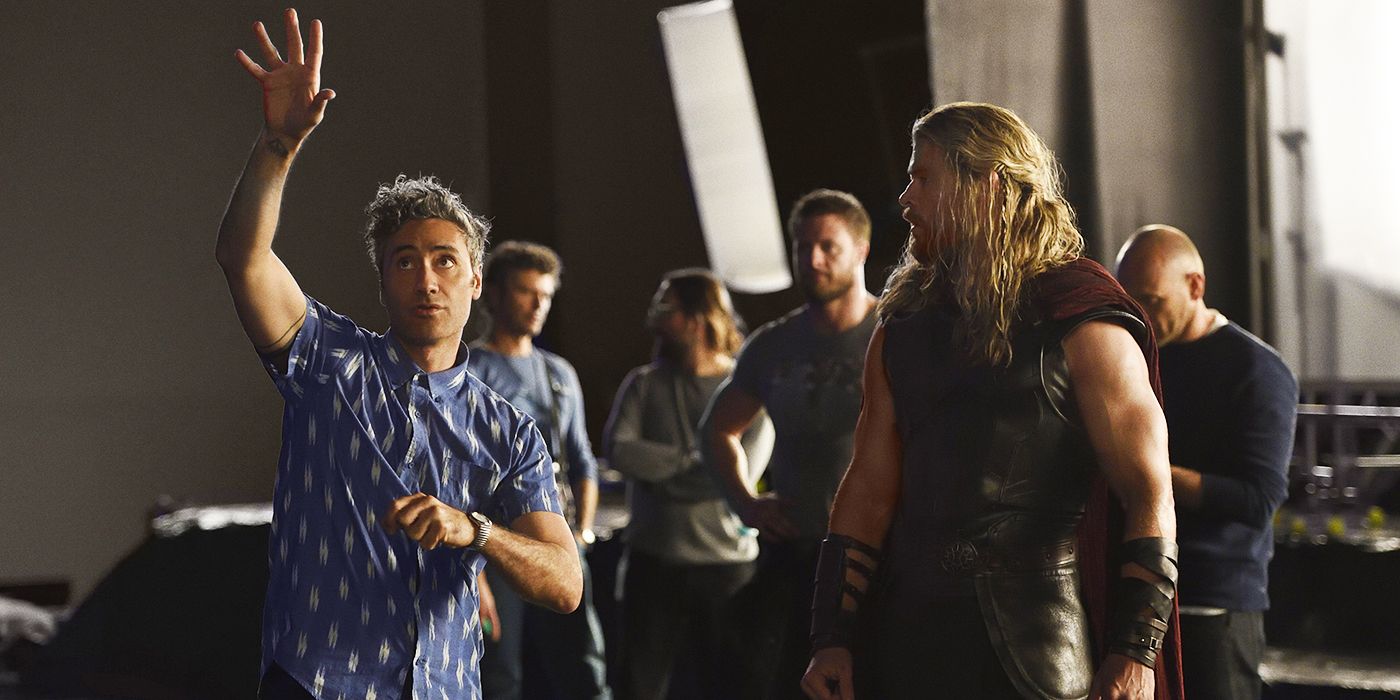The perfect time for good Star Wars-related news is Star Wars Day. On May the 4th, Taika Waititi was officially announced as the director of an upcoming Star Wars theatrical film, which he will co-write with Krysty Wilson-Cairns (1917). Waititi's Star Wars feature debut is not only a major milestone for his career, but it also marks the first time a person of color will direct a theatrical film in the franchise.
It should be noted that directors of color, such as Deborah Chow, Rick Famuyiwa and Waititi himself, helmed episodes of the hit Disney+ series The Mandalorian. However, having a filmmaker of color in Waititi's creative position of power with a far-reaching cinematic property is sure to contribute a new lens to the beloved franchise.
Diversity in thought and cultures has always been driving forces for great achievements. In fact, Star Wars has always reinforced narratives about sharing differences in experiences and backgrounds to accomplish goals. Particularly in recent years, the Resistance has been exceptionally diverse in not only their visible ethnicities but their socioeconomic backgrounds: Rey was a scavenger, Finn was a stormtrooper and Poe was a spice runner. These differences in their life experiences are what make their renegade team think outside of the box when it came to defeating the more rigid First Order. Rose Tico, introduced in Star Wars: The Last Jedi, was also a character born out of cultural diversity as actress Kelly Marie Tran researched conflicts from her family's past in the Vietnam War to fuel her understanding of Rose's circumstances.
Much like the characters in the films, cultural diversity in film production encourages the act of exploring new approaches as well as expanding cross-cultural insights using personal histories. A director and co-writer of color, like Waititi who is of Māori (the indigenous Polynesian peoples of New Zealand) descent, is able to draw on their unique cultures and values in order to create richer characters that have similarly complicated origin stories and struggles which may be vastly different from ideas pushed by directors that preceded.
Taika Waititi himself also clearly values cultural diversity in the film industry. He dedicated his 2019 Oscar speech to the "Indigenous kids that live in the world who want to do art and dance and write stories" and powerfully implies that his award is a symbol that they can make it in Hollywood as well. Therefore, Waititi's position as director and co-writer of such a prominent pop culture film series provides an important sense of representation for Indigenous people all over the world who are so often left out of racial representation conversations.
Barring his cultural background, Taika Waititi is an extremely talented director and creative story-teller that can breathe new life into the long history and dedicated fanbase of Star Wars using his distinctive directing and comedy styles. From breaking out with 2014's cult movie, What We Do in the Shadows, to directing Thor: Ragnarok to winning a 2019 Oscar for Best Adapted Screenplay for Jojo Rabbit, it's clear that Waititi is just getting started when it comes to making a mark for himself and Indigenous people in Hollywood.
There is yet to be a release date or additional details for Waititi's Star Wars iteration. Since Rian Johnson remains in talks to develop the next trilogy, it's possible that Waititi's film may be an anthology movie akin to Rogue One: A Star Wars Story. For now, fans of the director can look forward to Thor: Love and Thunder in 2022 and the What We Do in the Shadows TV series currently on FX.



